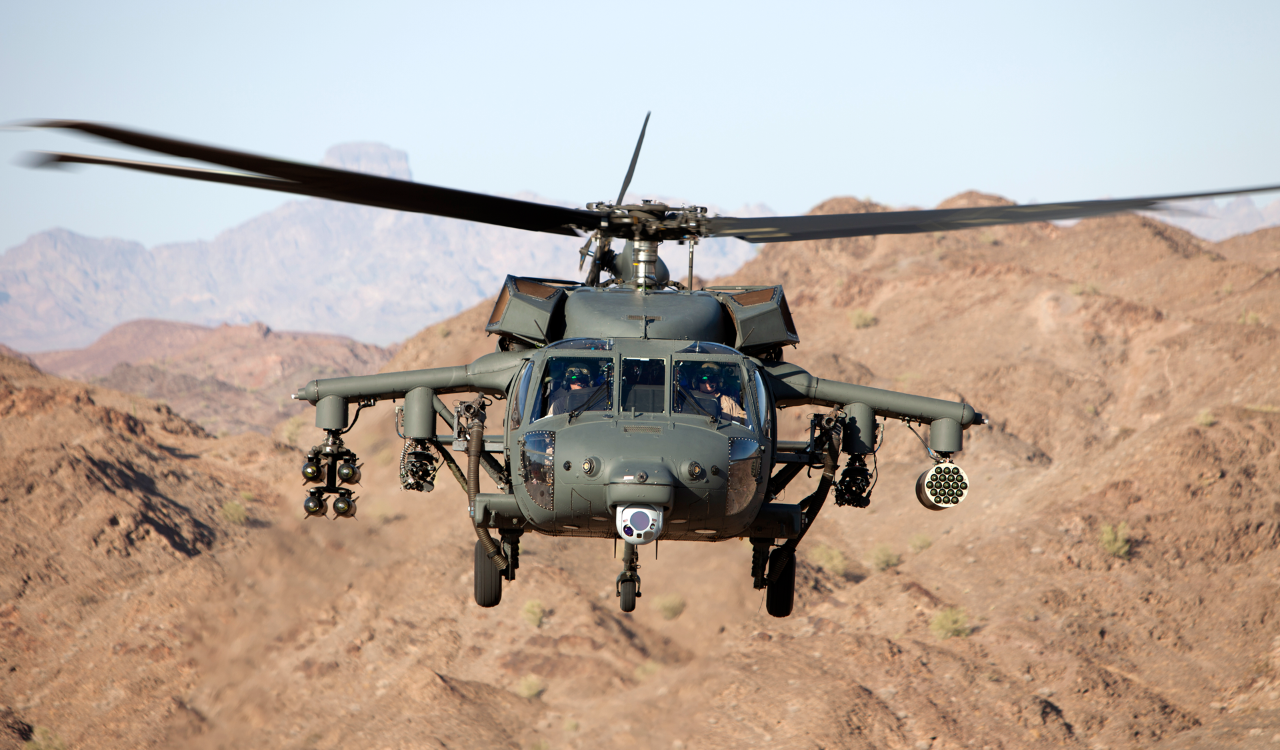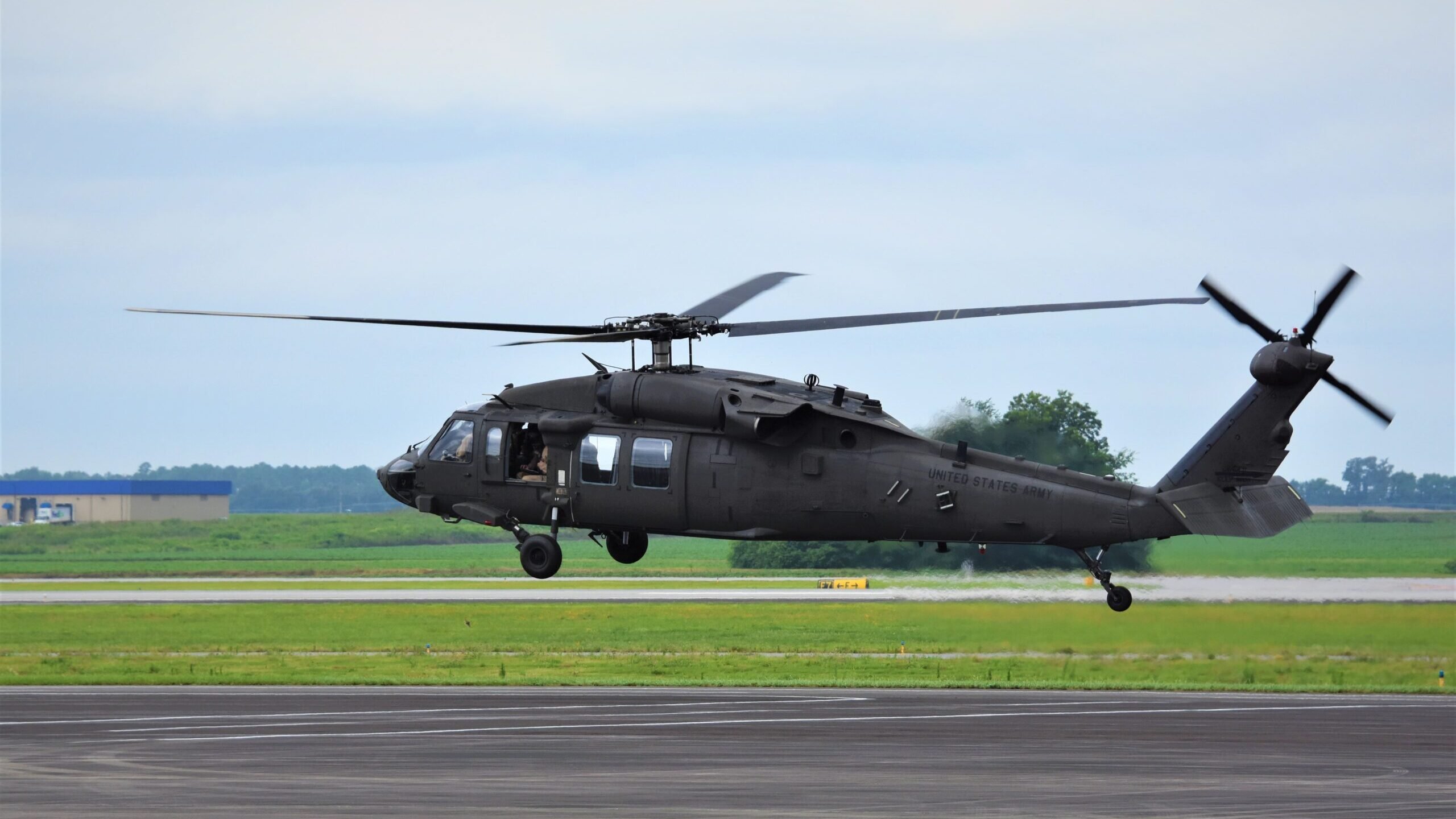The Impact of Sustainable Practices on the Future of Aircraft Operations and Emissions Reduction
As the aeronautics market faces increasing analysis over its ecological effect, the adoption of lasting methods becomes a vital pathway toward future airplane procedures and exhausts decrease. Advancements in lasting aviation gas and advancements in crossbreed propulsion technologies stand at the forefront of this transformation, appealing significant reductions in greenhouse gas emissions. The successful integration of these initiatives pivots on a selection of factors, including governing frameworks and market partnership. The concern stays: exactly how will these progressing methods improve the dynamics of flight and contribute to a more lasting future?

Introduction of Sustainable Practices
Sustainable practices in aircraft operations encompass a series of methods intended at lowering ecological effect while keeping functional performance. These practices are necessary in the air travel market's commitment to minimizing its carbon footprint and adhering to worldwide environmental requirements. Key efforts consist of optimizing flight paths to minimize fuel consumption, improving upkeep methods to make sure aircraft run at peak effectiveness, and implementing sophisticated modern technologies such as winglets and lightweight materials that enhance the rules of aerodynamics.

Training and involving staff on sustainability methods additionally play an essential role, promoting a culture of ecological responsibility within organizations. On the whole, the integration of these lasting practices not only helps in reducing discharges but also enhances the long-lasting viability of the air travel field, ensuring it fulfills the needs of both customers and regulatory bodies while adding to global sustainability objectives.
Innovative Fuel Alternatives
Numerous innovative gas options are emerging as essential services to minimize the air travel market's dependence on typical nonrenewable fuel sources. Among these alternatives, Lasting Air travel Gas (SAFs) have obtained significant interest because of their prospective to decrease lifecycle greenhouse gas emissions by as much as 80% compared to standard jet gas. SAFs are acquired from different feedstocks, including waste oils, farming deposits, and even algae, making them a flexible alternative for the industry.
Another promising choice is hydrogen gas, which, when utilized in gas cells, creates just water vapor as a by-product. This zero-emission possible presents a significant possibility for decarbonizing trip operations, especially for short-haul flights and regional airplane. Additionally, electrical propulsion systems are being discovered, leveraging battery innovation to power airplane. While current battery ability limitations array and haul, continuous improvements might soon render electric flights sensible for specific applications - uh 60.
Last but not least, biofuels originated from biomass are being investigated, supplying an eco-friendly choice that can be combined with traditional gas. Jointly, these ingenious gas choices stand for a critical step towards accomplishing a sustainable air travel ecological community, aligning with international emissions decrease targets and boosting the market's environmental stewardship.
Technical Improvements in Air Travel

Exactly how can technical developments improve the future of aeronautics? Developments try this site such as electrical and hybrid propulsion systems are at the forefront, promising significant reductions in gas consumption and greenhouse gas emissions.
Additionally, the implementation of advanced materials, such as light-weight compounds, adds to boosted aerodynamics and gas effectiveness. Using expert system and artificial intelligence in flight operations optimizes route planning and lowers gas burn by enabling real-time adjustments based on weather condition and website traffic problems. In addition, the development of self-governing and from another location piloted airplane systems stands to reinvent freight and guest transport, possibly raising efficiency while lessening human error.
Furthermore, sustainable aeronautics technologies, including sophisticated air web traffic management systems, can streamline operations and lower congestion, leading to reduced emissions during flight. These developments collectively represent a paradigm change in aviation, promising a future where sustainability and functional effectiveness are linked, thereby sustaining the market's commitment to reducing its environmental influence.

Regulative Framework and Compliance
Because of the growing emphasis on ecological stewardship within the air travel industry, the regulatory structure regulating airplane operations is developing to advertise sustainable techniques. Regulatory bodies, such as the International Civil Aviation Company (ICAO) and different national aviation authorities, are introducing rigorous standards targeted at reducing exhausts and enhancing operational efficiency.
These policies typically include the adoption of Sustainable Aviation Fuel (SAF), which has actually been identified as a crucial element in achieving lower carbon footprints. Moreover, compliance with these laws calls for airlines to implement advanced innovations and functional methods, such as optimized flight paths and enhanced air web traffic administration, to minimize fuel intake.
In addition, the enforcement of exhausts trading plans and click for more info carbon offsetting initiatives is becoming progressively common, engaging airlines to monitor and report their discharges precisely. Non-compliance can cause significant charges, hence pushing operators to prioritize sustainability in their service designs.
Inevitably, the evolving regulatory landscape not only drives development and financial investment in green technologies yet also promotes a culture of liability within the aviation sector. As these structures continue to create, the emphasis on lasting methods will certainly be important to accomplishing the field's long-lasting environmental objectives.
Future Fads in Airplane Procedures
As the aviation industry adapts to an increasingly rigorous governing environment, future fads in aircraft procedures are readied to concentrate on ingenious remedies that even more boost sustainability and effectiveness - uh 60. Key developments will likely consist of the fostering of advanced air traffic management systems, which utilize real-time information and fabricated intelligence to optimize trip courses, decreasing fuel consumption and discharges
One more substantial fad is the raised combination of lasting aeronautics fuels (SAFs) These alternatives to standard jet fuel, originated from renewable sources, can significantly reduce lifecycle find more info greenhouse gas exhausts. The sector's dedication to SAFs will likely accelerate as airlines collaborate with fuel manufacturers to make sure schedule and cost-effectiveness.
In addition, the press towards electrification and hybrid propulsion systems is obtaining energy. Arising aircraft layouts will certainly integrate these modern technologies, using quieter and much more effective operations, especially for short-haul flights.
Final Thought
The adoption of lasting aeronautics gas, coupled with innovations in electrical and hybrid propulsion systems, is vital for minimizing lifecycle greenhouse gas emissions. Enhancing trip courses and embracing innovative modern technologies contribute to a quieter and extra ecologically friendly air travel industry.
Developments in sustainable air travel gas and innovations in hybrid propulsion modern technologies stand at the forefront of this improvement, promising significant reductions in greenhouse gas emissions.Numerous ingenious fuel alternatives are emerging as essential services to reduce the aviation industry's dependence on traditional fossil fuels - uh 60. Amongst these choices, Lasting Air travel Gas (SAFs) have actually acquired significant interest due to their possible to decrease lifecycle greenhouse gas discharges by up to 80% contrasted to conventional jet fuels.Another considerable trend is the boosted combination of sustainable air travel fuels (SAFs) The fostering of lasting aeronautics fuels, coupled with improvements in electric and hybrid propulsion systems, is important for minimizing lifecycle greenhouse gas discharges